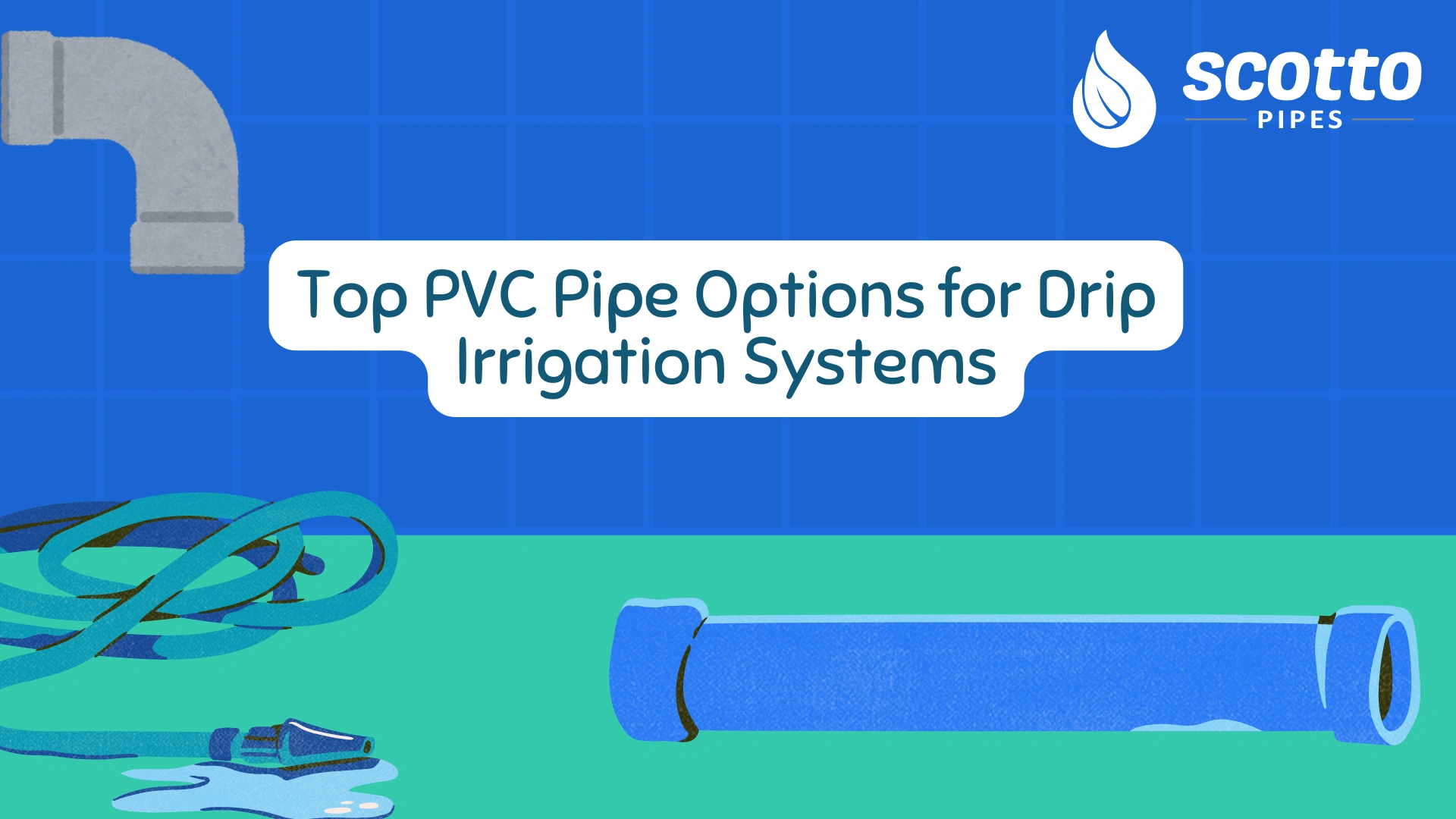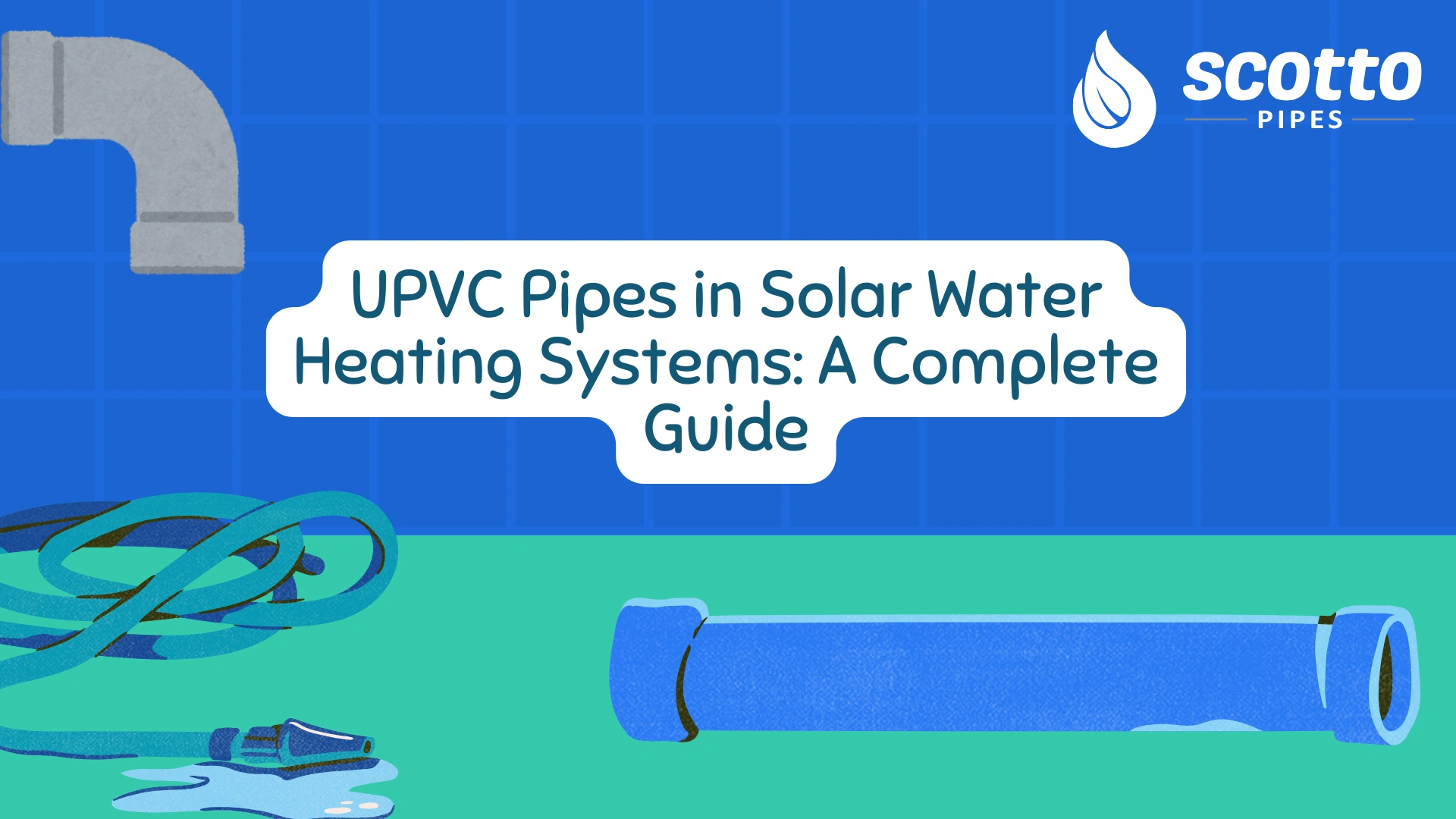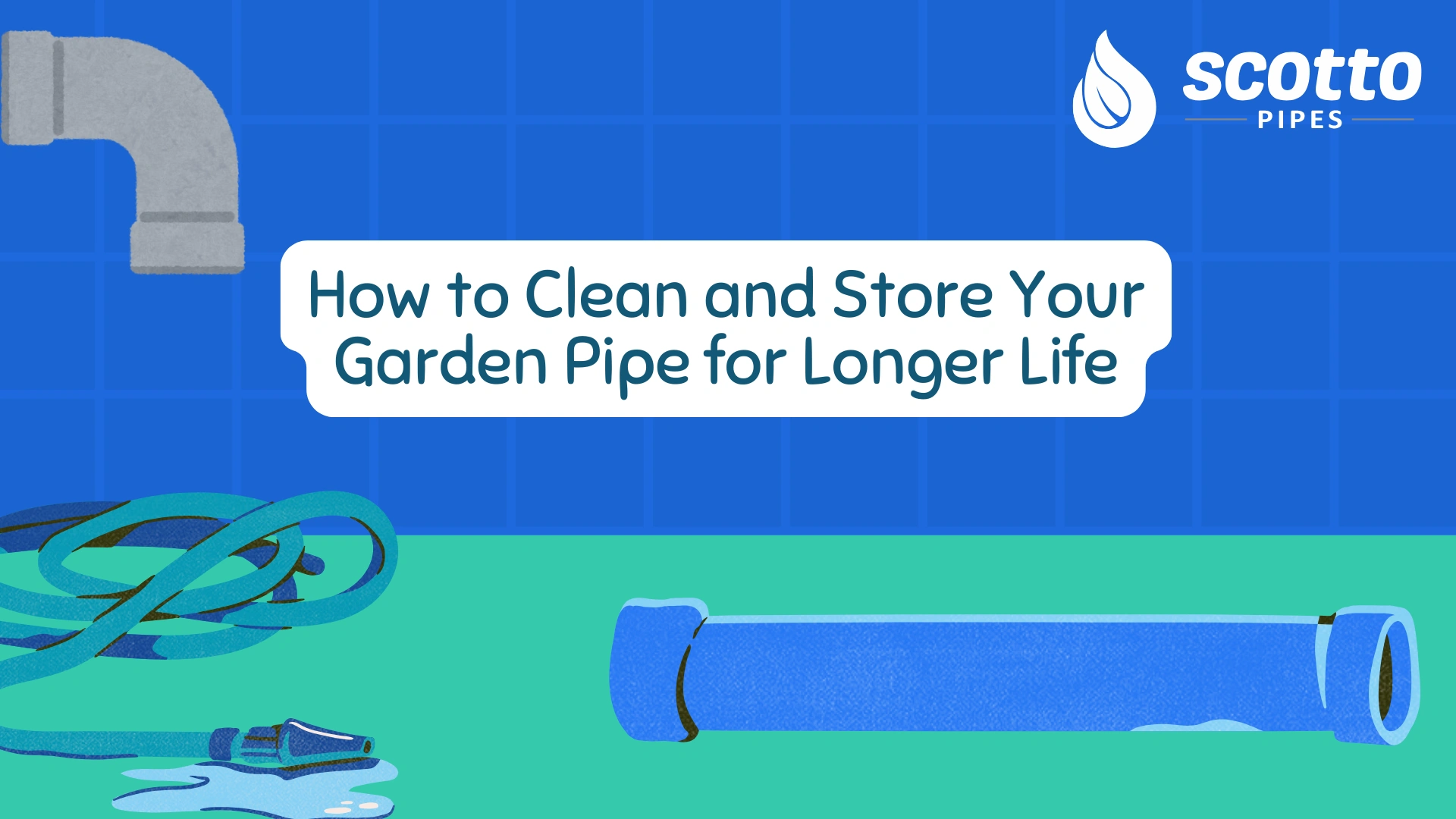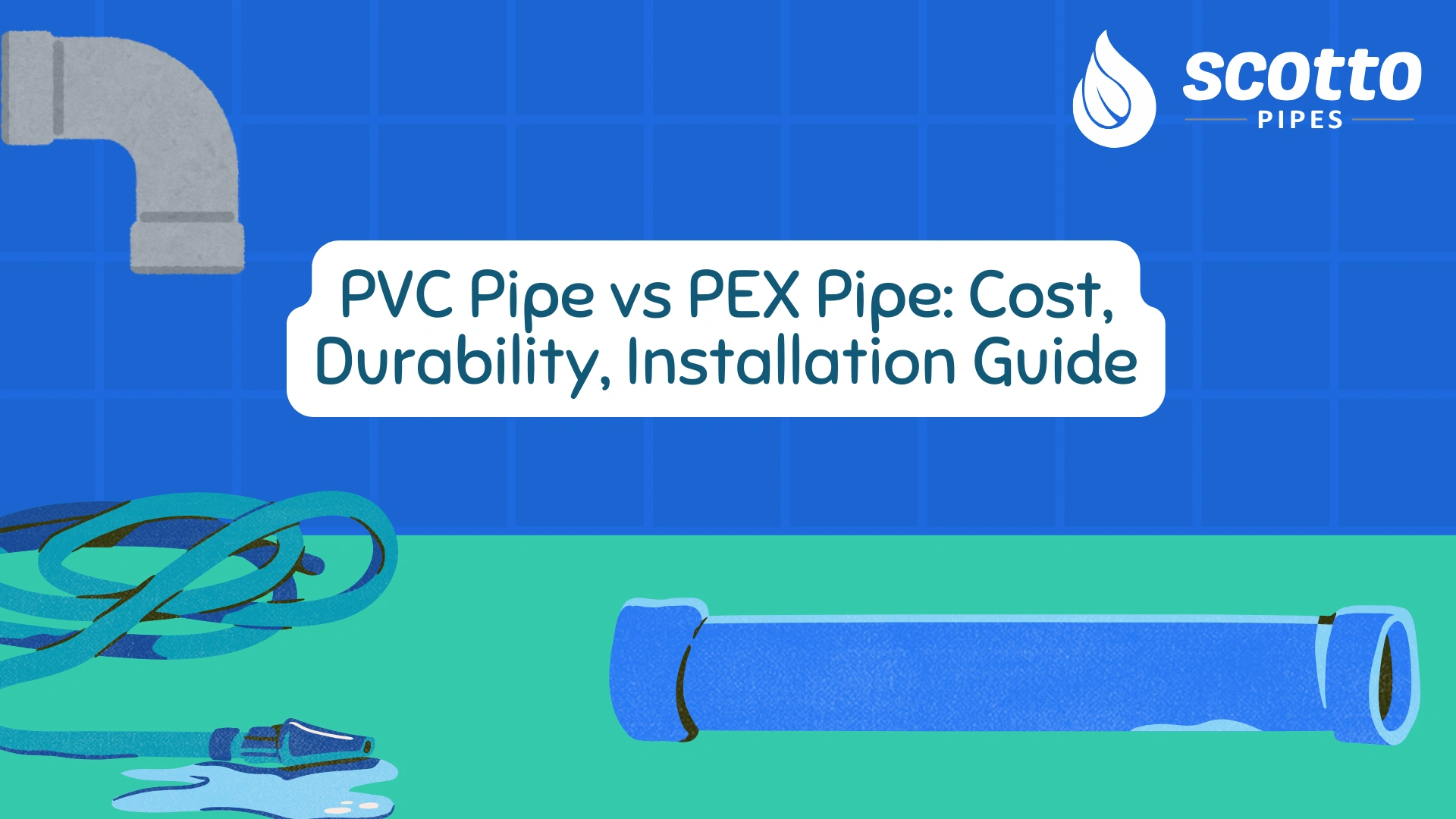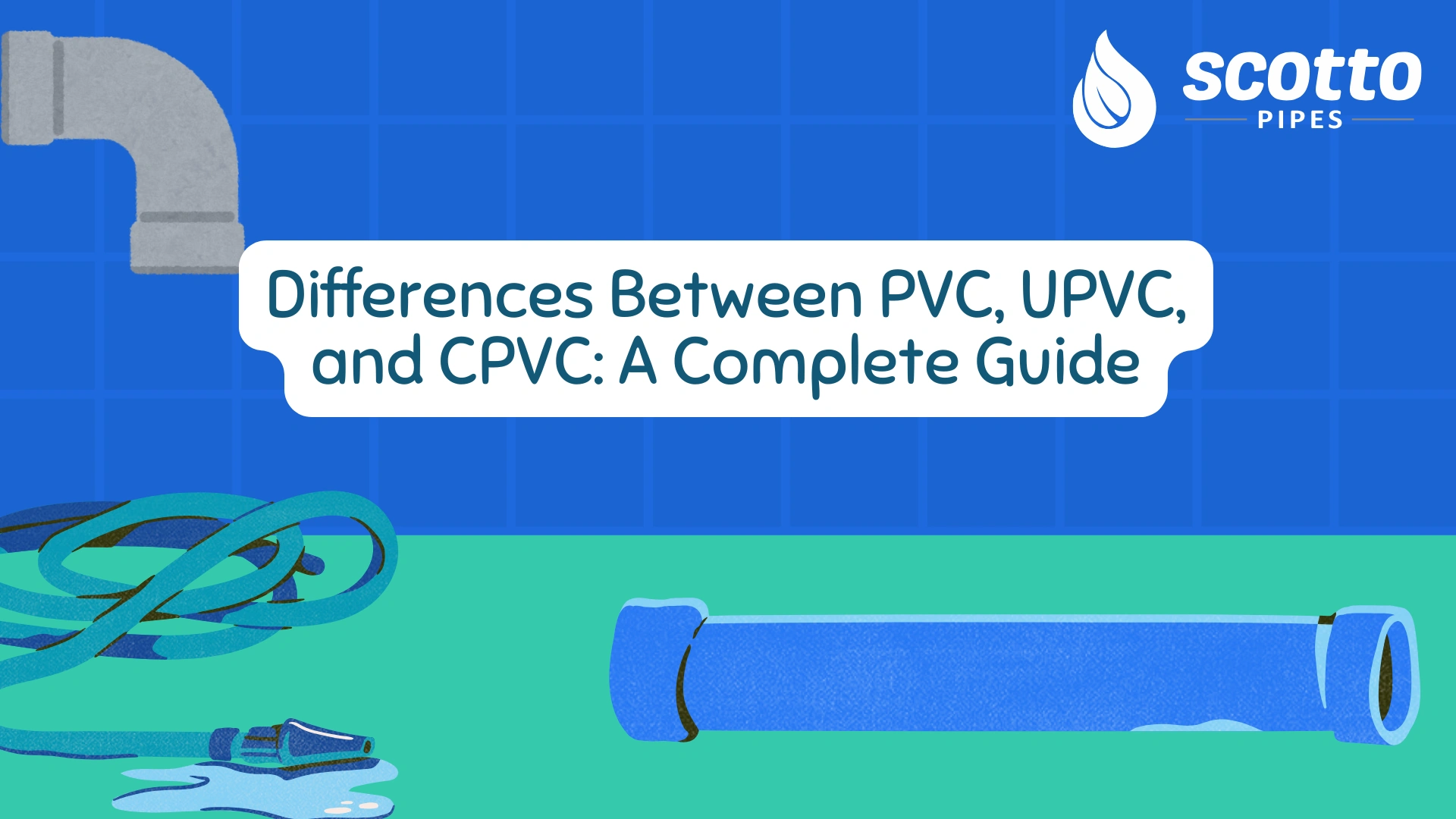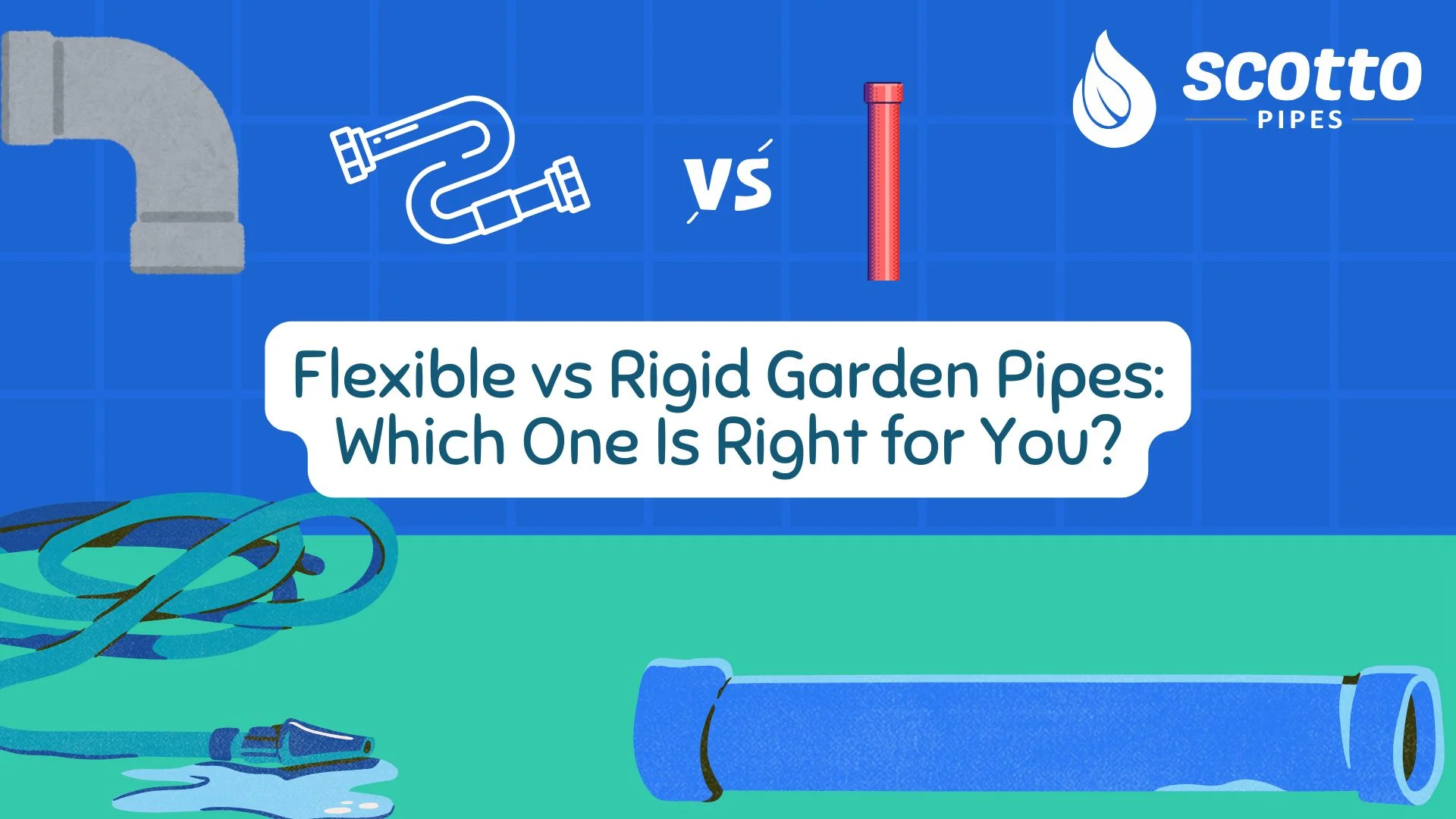
Introduction
In selecting the appropriate garden pipe there are fundamental factors that need to be met so that it can be effective in providing organization to a garden. Hear it from us, these characteristics have determined the appropriateness of a pipe type depending on the expert: the gardener, home owner, or professional landscape contractor. There are two types of pipes used in gardens: flexible pipes, and rigid ones, with both being in high demand on the market. In this guide, they will be defined, compared as well as their specific uses explained so that you make the right choice.
Understanding Garden Pipes
What Are Garden Pipes Used For?
Garden pipes are called durable multifunctional aids designed for various kinds of work outside. The most familiar use of these tools is when watering an individual’s plants, washing the driveway, washing cars, as well as for light irrigation services. To gardeners, they are the very source of hope as they help water plants, gardens and lawns. These pipes are also important for cleaning and grooming the garden and therefore cannot be overlooked in both the commercial and non-commercial buildings.
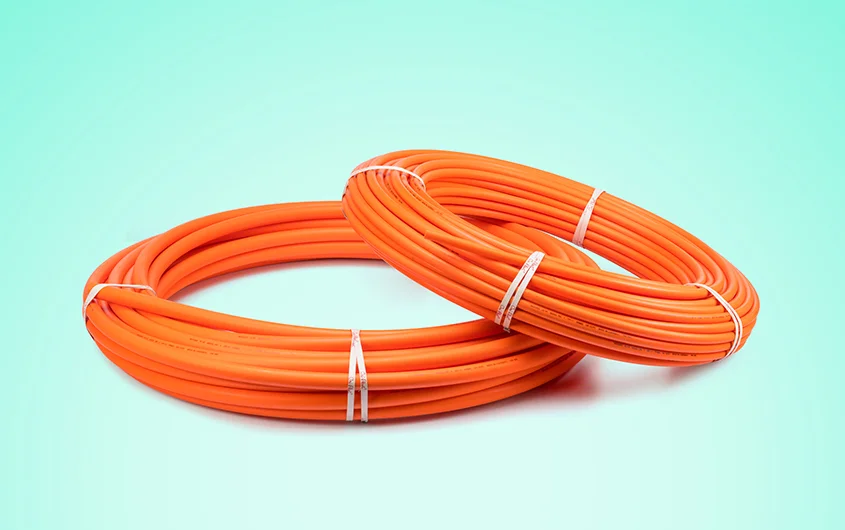
Key Features of a Good Garden Pipe
A good quality garden pipe should reflect some flexibility, durability and ease of maneuverability. It should be fairly robust so that it does not wear out easily due to effects such as exposure to sunlight among others and changing temperature conditions as well as constant use. Further, a good pipe should be portable but must be of high density so as to withstand high pressure from the water. Another important attribute which should be evaluated with regard to a garden pipe is that it should not have anti-kink features, and the design of the dish should accommodate the pipe in a convenient manner when it is not in use.
1. Flexible Garden Pipes
What Are Flexible Garden Pipes?
The garden pipes are normally flexible and can be made of PVC or rubber material. Some of these pipes are very maneuverable, and as a result, are perfect for activities that involve a lot of shifting. Due to their flexibility, they can fit into small spaces and with narrow approaches to designing garden structures. Flexible pvc pipes are preferred if one is working with minimal complex arrangements frequently for simple and frequently changing watering requirements in his or her home.
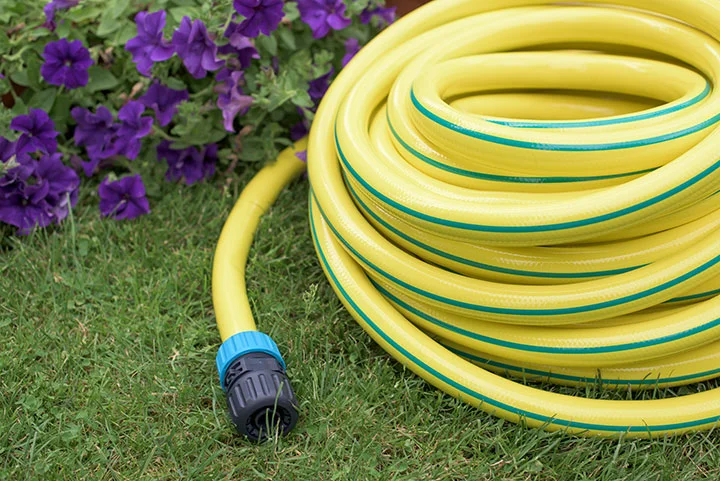
Advantages of Flexible Garden Pipes
-
Lightweight and Portable: Flexible pipes are easy to carry and store, making them perfect for smaller gardens or quick tasks.
-
Highly Versatile: Their pliable nature allows them to navigate tight corners, shrubs, and other obstacles without much effort.
-
Affordable: Flexible pipes are generally more cost-effective, making them a good option for budget-conscious buyers.
Disadvantages of Flexible Garden Pipes
-
Prone to Kinking: While their flexibility is an asset, it can also lead to kinks that disrupt water flow and require frequent adjustments.
-
Less Durable: These pipes are more susceptible to punctures and abrasions, especially when dragged over rough surfaces or exposed to harsh weather.
Best Scenarios for Flexible Pipes
They are ideal for small to medium gardens or homes and other locations where the layout is somewhat cramped. These are most suited for operations such as irrigation of the potted plants, flower gardens and light washing.
Flexible pipes are preferred by inexperienced gardeners who want easy to install and easy to handle pipes that do not need regular replacement.
2. Rigid Garden Pipes
What Are Rigid Garden Pipes?
Rigid PVC Pipe are constructed from robust materials such as heavy-duty PVC or metal. These pipes are particularly durable and therefore ideal for highly strenuous gardening or working professionally for that matter. Its other type is rigid pipes, which means that the pipes will retain a certain shape even when they are full of water and under pressure.
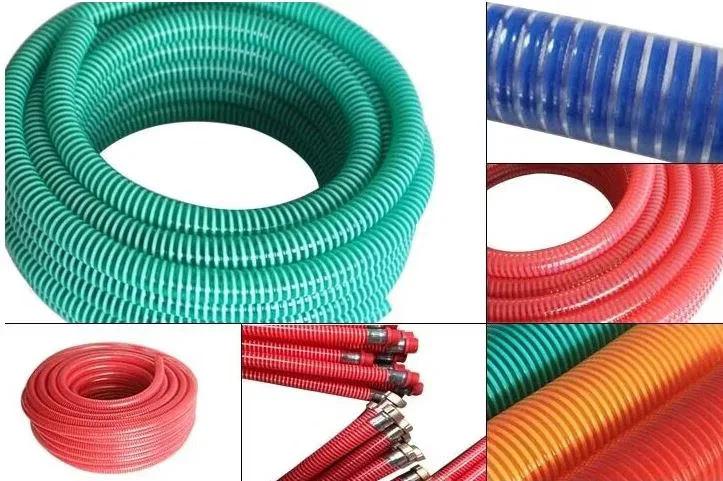
Advantages of Rigid Garden Pipes
-
Extreme Durability: These pipes are resistant to damage from punctures, abrasions, and environmental factors, providing long-lasting performance.
-
Consistent Performance: Rigid pipes can withstand high water pressure, making them suitable for tasks that require a steady and powerful water flow.
-
Longevity: Their sturdy construction ensures they last longer than flexible pipes, offering better value over time.
Disadvantages of Rigid Garden Pipes
-
Heavier and Less Portable: The robust build makes them difficult to handle, especially for people with limited physical strength.
-
Higher Cost: While they are a worthwhile investment, the upfront cost of rigid pipes is higher compared to flexible ones.
Best Scenarios for Rigid Pipes
In situations that require high performance such as in large gardens, agriculture and in tasks suited for such pipes, rigid garden pipes are desirable. The differences discussed above, preferred by landscapers and other professionals for whom frequent and intense use of pipes is possible, are significant.
Comparing Flexible and Rigid Garden Pipes
| Feature | Flexible Garden Pipes | Rigid Garden Pipes |
| Flexibility | Highly flexible, easy to bend and maneuver | Stiff and rigid, harder to bend |
| Durability | May be prone to wear and tear over time | Durable and resistant to damage |
| Storage | Easy to store, can be coiled or rolled up | Bulkier, takes up more space when stored |
| Weight | Lightweight and easy to handle | Heavier and more cumbersome to move around |
| Installation | Easy to install and reposition | Requires more effort and fixed installation |
| Pressure Handling | Suitable for lower pressure applications | Can handle higher water pressure effectively |
| Cost | Generally more affordable | Typically more expensive |
| Maintenance | May need frequent replacement due to wear | Low maintenance, can last longer |
| Versatility | Ideal for small or irregularly shaped areas | Best for long, straight runs of watering pipes |
| Best Use | Garden hoses, flexible irrigation systems | Fixed irrigation setups, lawns, large areas |
Factors to Consider When Choosing a Garden Pipe
Garden Size and Layout
The advantage of using a lighter pipe is that when the garden is small and compact, the pipe that delivers water is also compact in size, but when gardens are large and spaced out, having a rigid pipe that is thicker in nature helps to cover more area in less time.

Frequency of Use
That is why for the occasional use a flexible pipe is quite enough and even preferable. If you require a pipe for regular watering, or if you have a particularly large project on your hands that requires plenty of water, a rigid pipe can prove to be time and effort well spent.
Budget Constraints
In terms of cost a well made flexible pipe is very advantageous especially suitable for people who are extremely constrained with budget. But for long term reliability and getting ready to pay a handsome price for it, rigid pipes are a more appropriate suit.
Manufacturer Example
Scotto Pipe is identified as one of the largest flexible garden hose pipe manufacturer and exporter. For seed renewals that supply a big durable, versatile and simple administration, the Scotto Pipe is amongst the best, ideal for gardeners seeking for substantial and flexible options.
Conclusion
There are flexible garden pipes and rigid garden pipes and indeed it is important to understand the function of each kind as the choice depends on this factor. Convenient and versatile, flexible pipes are designed to be easily transported and provide the maximum maneuverability when a given job requires it but doesn’t offer enough room for bulky equipment. For its part, ridged pipes offer unparalleled toughness and use, ideal for grim conditions and use. Therefore, having thought through the size of your garden, the frequency of usage and your budget, you are able to make a decision of which pipe will suit you best.
FAQs
1. What is the average lifespan of garden pipes?
Flexible pipes typically last 5–10 years with proper care, while rigid pipes can exceed 15 years due to their durable construction.
2. Can flexible garden pipes handle high water pressure?
Flexible pipes are designed for low to moderate water pressure. Using them with high-pressure systems may lead to bursts or leaks.
3. Are rigid garden pipes safe for drinking water?
Some rigid pipes are made from food-grade materials, ensuring they are safe for transporting drinking water. Always check the product specifications.
4. How do I prevent kinks in flexible garden pipes?
Storing them in a coiled position and avoiding sharp bends during use can help prevent kinks and prolong their lifespan.
5. Are there eco-friendly options for garden pipes?
Yes, many manufacturers now produce garden pipes made from recycled materials or biodegradable compounds, offering sustainable choices for environmentally conscious users.


